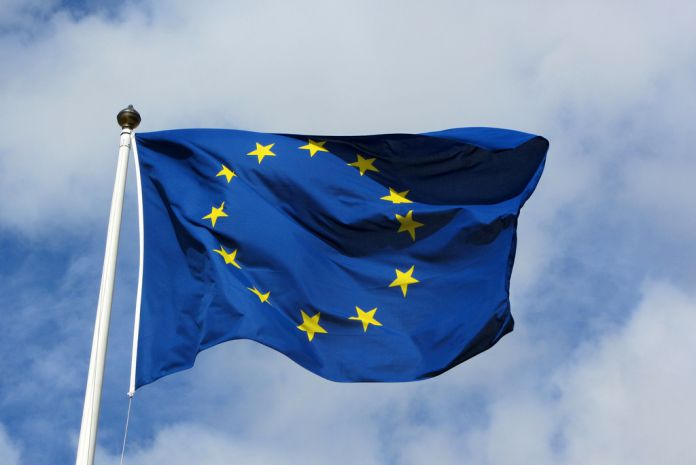The European Union is nearing the finalization of its landmark legislation on artificial intelligence, the Artificial Intelligence Act (AI Act). The AI Act aims to create a common regulatory and legal framework for AI that balances innovation and the protection of fundamental rights.
However, the legislation has faced some challenges and controversies, especially regarding the use of ChatGPT, OpenAI’s natural language processing system. Italy has already moved to ban the chatbot while Germany is following a similar path.
In the US, the Treasury Department last week called for AI models to require certification before they can launch in the country.
“It is amazing to see what these tools can do even in their relative infancy,” says Alan Davidson, head of the National Telecommunications and Information Administration, the Commerce Department agency that sent the request. “We know that we need to put some guardrails in place to make sure that they are being used responsibly.”
Concerns have been growing about AI technology, its ongoing development and how it will be regulated. In that respect, the EU’s AI Act is a positive step in the right direction. However, there is still controversy around how the bloc categorizes ChatGPT.
Nuanced Approach to Classifying ChatGPT for Regulations
The AI Act initially classified ChatGPT as a high-risk AI system, meaning that it would be subject to strict requirements on data quality, transparency, human oversight and accountability. However, some stakeholders argued that this would stifle innovation and competitiveness in the EU’s AI sector, and that ChatGPT could also have positive social and economic impacts. They proposed to lower the risk level of ChatGPT to limited or minimal, depending on the context and purpose of its use.
After months of debate and consultation, the EU has decided to adopt a more nuanced approach to ChatGPT regulation. According to the latest draft of the AI Act, ChatGPT will be classified as high-risk only when it is used for purposes that could cause significant harm to individuals or society, such as political propaganda, hate speech, cyberbullying or fraud.
In these cases, ChatGPT developers and users will have to comply with the highest standards of quality and ethics. On the other hand, ChatGPT will be classified as limited-risk when it is used for purposes that could cause minor harm or inconvenience to individuals or society, such as entertainment, education or research. In these cases, ChatGPT developers and users will have to ensure that the system is clearly identifiable as artificial and that it does not violate any laws or rights.
“The compromised amendments were agreed upon yesterday through internal talks between the rapporteurs and shadow rapporteurs and will be voted on in the committee by MEPs on May 11, 2023,” an EP official says. “This will be followed by a voting in plenary in June, after which talks with Council (member states) will start with the view of reaching an interinstitutional agreement before the end of the year.”
Finally, ChatGPT will be classified as minimal-risk when it is used for purposes that do not pose any harm or inconvenience to individuals or society, such as personal use or hobby. In these cases, ChatGPT developers and users will have no specific obligations other than transparency.
Europe’s AI Act is scheduled to come into law later this year.
ChatGPT and Microsoft’s Bing Chat AI
ChatGPT was developed by OpenAI. It is a deep learning system that can generate coherent and fluent texts on almost any topic, given a few words or sentences as input. The tool has attracted a lot of attention and investment from various industries and companies, such as Microsoft, which has poured $10 billion into OpenAI.
Microsoft has fully embraced the GPT-4 AI engine that underpins ChatGPT. The Redmond company has folded the AI into many services with products such as Bing Chat, Bing Image Creator, Microsoft Edge Copilot, Microsoft 365 Copilot for Office apps, Azure OpenAI Service, and GitHub Copilot.
Tip of the day: Windows Update downloads can often be frustrating because they are several gigabytes in size and can slow down your internet connection. That means your device may work with reduced performance while the update is downloading. In our guide we show you how to limit bandwidth for Windows Update downloads, so they won’t bother you again.






